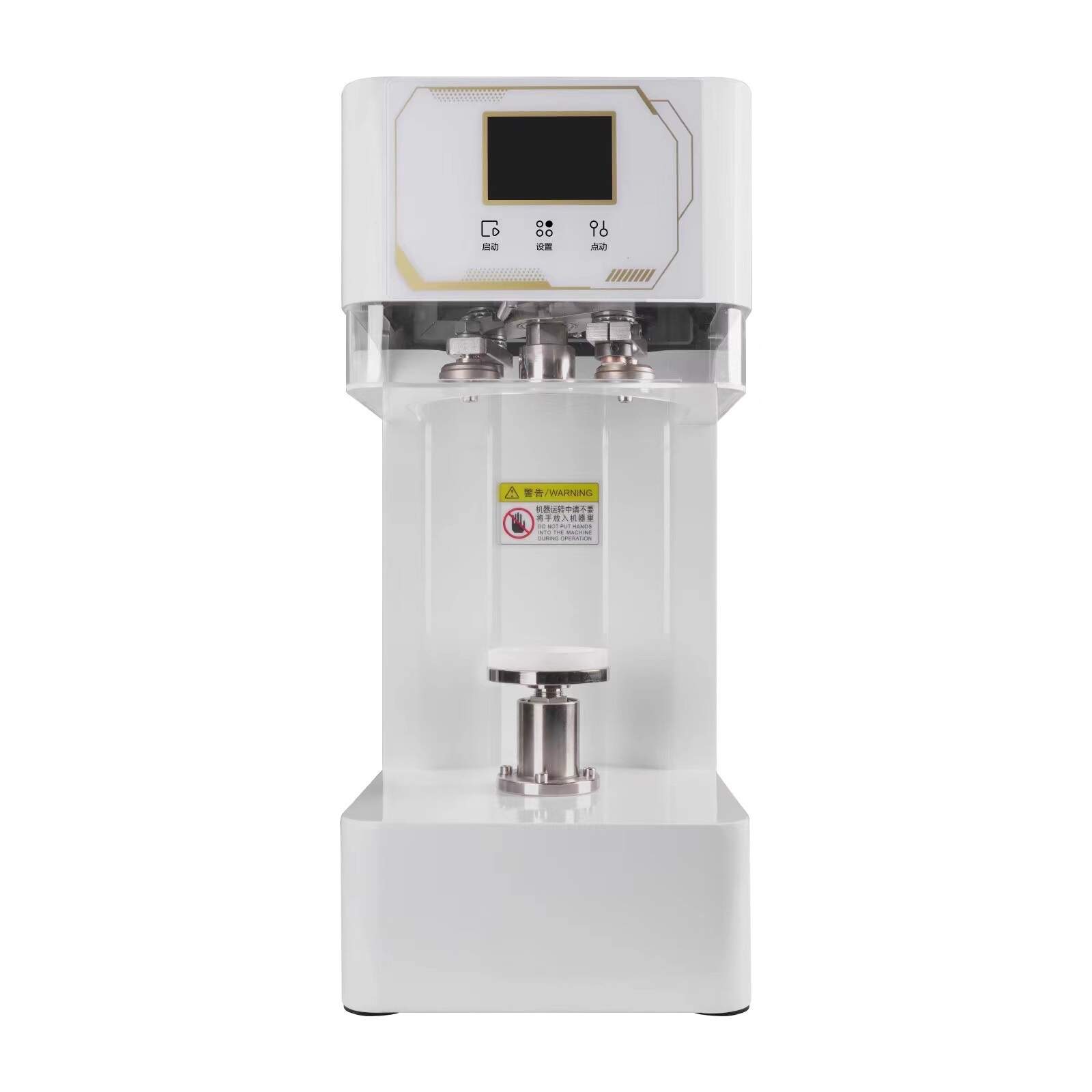

Lỗi định dạng email
emailCannotEmpty
emailDoesExist
pwdLetterLimtTip
inconsistentPwd
pwdLetterLimtTip
inconsistentPwd



Encapsulation machinery plays an essential role in industries like pharmaceuticals, food production, and cosmetics. As global demand rises, businesses are looking for reliable encapsulation machinery exporters to provide advanced solutions that meet their unique production needs. Whether you are an established enterprise or a startup, understanding how this industry operates is crucial for making informed decisions.
This blog explores the world of encapsulation machinery, its applications, benefits, and the importance of working with experienced exporters.
Encapsulation machinery is specialized equipment that encases materials, such as powders, liquids, or granules, in protective shells. These shells, often made of gelatin or plant-based materials, serve various purposes, from ensuring accurate dosages to protecting active ingredients.
Industries like pharmaceuticals use this machinery to produce capsules efficiently, while the food and cosmetics sectors rely on it to improve product stability and shelf life. Encapsulation also enables the creation of innovative products, such as controlled-release supplements or enhanced flavor additives.
An encapsulation machinery exporter serves as a vital link between manufacturers and global buyers. These exporters offer a range of benefits:
Exporters provide businesses worldwide with access to high-quality encapsulation machinery, often not available locally. This is especially important for regions with limited manufacturing infrastructure.
Reputable exporters understand the diverse needs of their clients. They often provide custom options, including OEM manual encapsulation systems for specific production requirements, ensuring flexibility and efficiency.
Exporters ensure machinery complies with international standards and regulations. This is critical in industries like pharmaceuticals, where adherence to quality standards is non-negotiable.
Many exporters offer comprehensive services, including training, installation, and technical support, making it easier for businesses to integrate machinery into their operations.
Encapsulation machinery brings numerous advantages, making it a valuable investment for companies across industries.
Modern encapsulation machines automate complex processes, reducing labor costs and increasing production speed. Even manual systems, such as OEM manual encapsulation machines, can optimize smaller-scale production.
Encapsulation machinery ensures uniformity in capsule size, weight, and fill, which is essential for maintaining quality and meeting consumer expectations.
Though the initial cost of encapsulation machinery may be high, businesses save money in the long run through reduced waste, lower labor costs, and increased productivity.
With advanced encapsulation technology, companies can create unique products, such as capsules with delayed-release mechanisms or specialized coatings for added benefits.
When selecting an encapsulation machinery exporter, consider these factors to ensure a successful partnership:
Choose an exporter with a proven track record in the encapsulation industry. Experienced exporters understand the complexities of the machinery and can recommend the best solutions for your needs.
A good exporter offers a wide variety of machinery, from fully automated systems to manual options. This flexibility allows you to select equipment tailored to your production scale and budget.
Ensure the exporter provides comprehensive support, including operator training and ongoing maintenance services. This ensures smooth operation and minimizes downtime.
Work with exporters who prioritize quality and offer machines that comply with international standards and certifications.
Encapsulation machinery is used in a wide range of industries, each with specific requirements and challenges:
Encapsulation technology is critical for creating medications in capsule form, offering precision in dosage and controlled release.
The health and wellness industry relies heavily on encapsulation to produce vitamins, minerals, and herbal supplements in convenient formats.
Encapsulation protects sensitive ingredients like flavors, oils, and probiotics, ensuring stability and prolonged shelf life.
In the cosmetics industry, encapsulation is used to stabilize active ingredients, such as vitamins or antioxidants, in creams, serums, and other products.
A growing pharmaceutical company sought to expand its production capacity but lacked access to high-quality encapsulation machinery in its region. By partnering with a reputable encapsulation machinery exporter, they were able to:
This collaboration significantly improved the company's production efficiency, enabling them to meet rising demand while maintaining product quality.
As technology evolves, encapsulation machinery continues to adapt to meet new demands. Here are some trends shaping the industry:
IoT-enabled machinery and artificial intelligence are being integrated into encapsulation equipment, enhancing precision and reducing downtime through predictive maintenance.
With growing environmental concerns, manufacturers are developing encapsulation materials that are biodegradable and eco-friendly.
Smaller, more affordable machinery is gaining popularity among startups and niche businesses looking to enter the market.

Choosing the right encapsulation machinery exporter is a critical step for any business looking to enhance production capabilities. Whether you need advanced automated systems or simple solutions for small-scale production, partnering with an experienced exporter ensures access to high-quality machinery, tailored services, and ongoing support.
By understanding the capabilities and applications of encapsulation technology, businesses can make informed decisions that drive efficiency, innovation, and growth. Whether you are producing pharmaceutical capsules, food supplements, or cosmetic products, the right exporter can help you achieve global success.
Encapsulation machinery is more than just equipment—it’s a gateway to new opportunities in competitive markets.